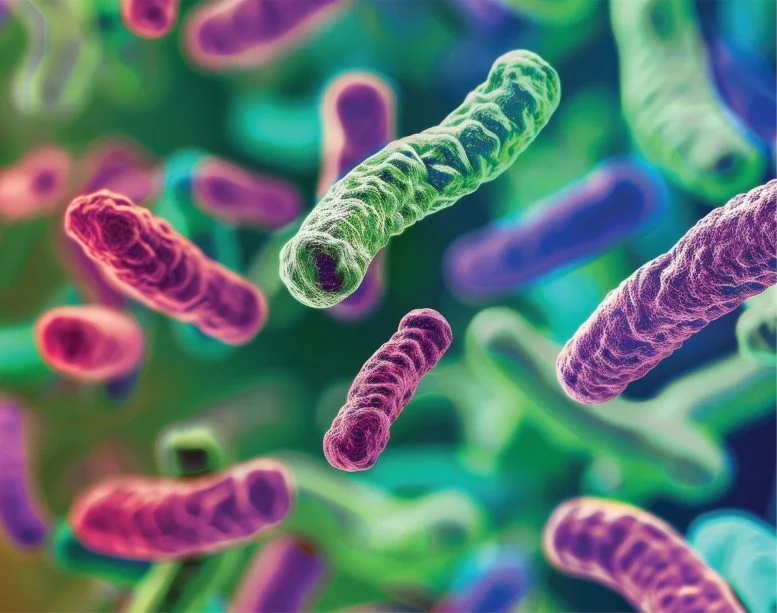"Informed AI News" is an publications aggregation platform, ensuring you only gain the most valuable information, to eliminate information asymmetry and break through the limits of information cocoons. Find out more >>
Extended Breastfeeding Reduces Asthma Risk in Children
- summary
- score

Extending breastfeeding beyond three months significantly reduces the risk of asthma in children. This protective effect is mediated through the maturation of the infant's gut and nasal microbiome, orchestrated by breast milk.
Breast milk contains complex sugars known as human milk oligosaccharides (HMOs), which promote the growth of beneficial microbes. These microbes, in turn, help digest HMOs, creating a symbiotic relationship that supports immune and respiratory health.
Early weaning disrupts this microbial balance, leading to the premature introduction of bacteria like Ruminococcus gnavus. This bacterium is linked to increased asthma risk, as it influences immune responses.
The study, published in Cell, tracked infants from birth to one year, analyzing their microbiome dynamics and breastfeeding patterns. It found that prolonged breastfeeding, even when accounting for other environmental factors, was a crucial determinant of microbial health.
Machine learning models trained on this data can predict asthma years in advance, highlighting the profound impact of breastfeeding on long-term health.
This research underscores the importance of breastfeeding in shaping a child's microbiome and immune system. It provides a scientific basis for public health guidelines, aiming to protect infants from asthma through optimal breastfeeding practices.
| Scores | Value | Explanation |
|---|---|---|
| Objectivity | 6 | Comprehensive reporting and in-depth analysis. |
| Social Impact | 5 | Significantly influences public opinion. |
| Credibility | 6 | Verified independently and confirmed by multiple sources. |
| Potential | 6 | Almost inevitably leads to significant changes. |
| Practicality | 5 | Widely applied in practice with good results. |
| Entertainment Value | 2 | Slightly monotonous but includes a few entertaining elements. |